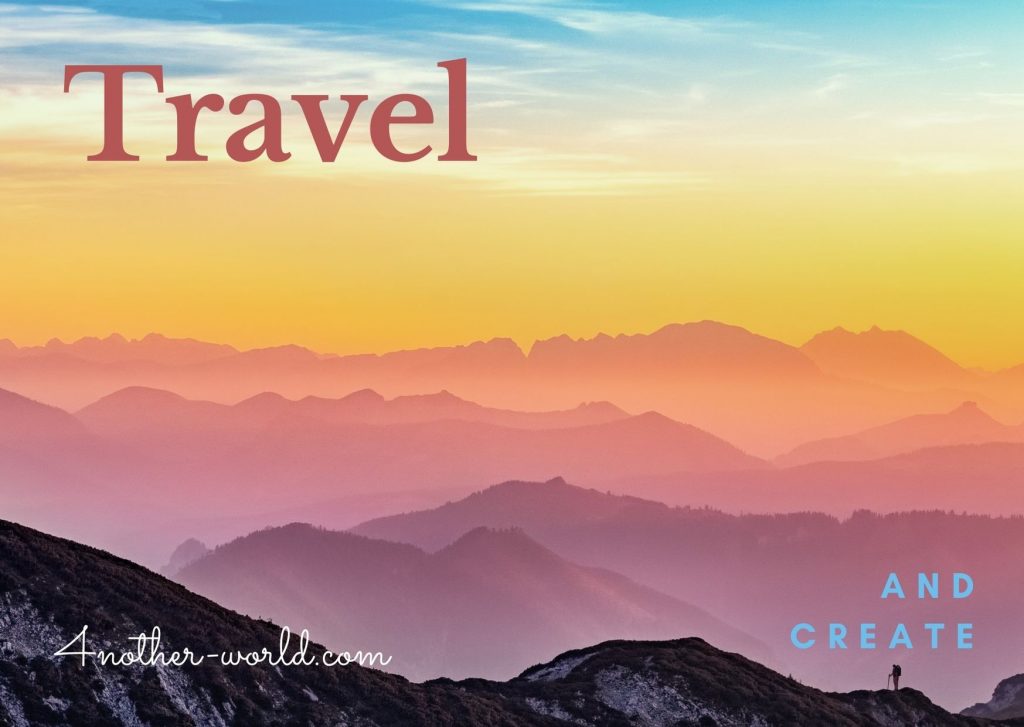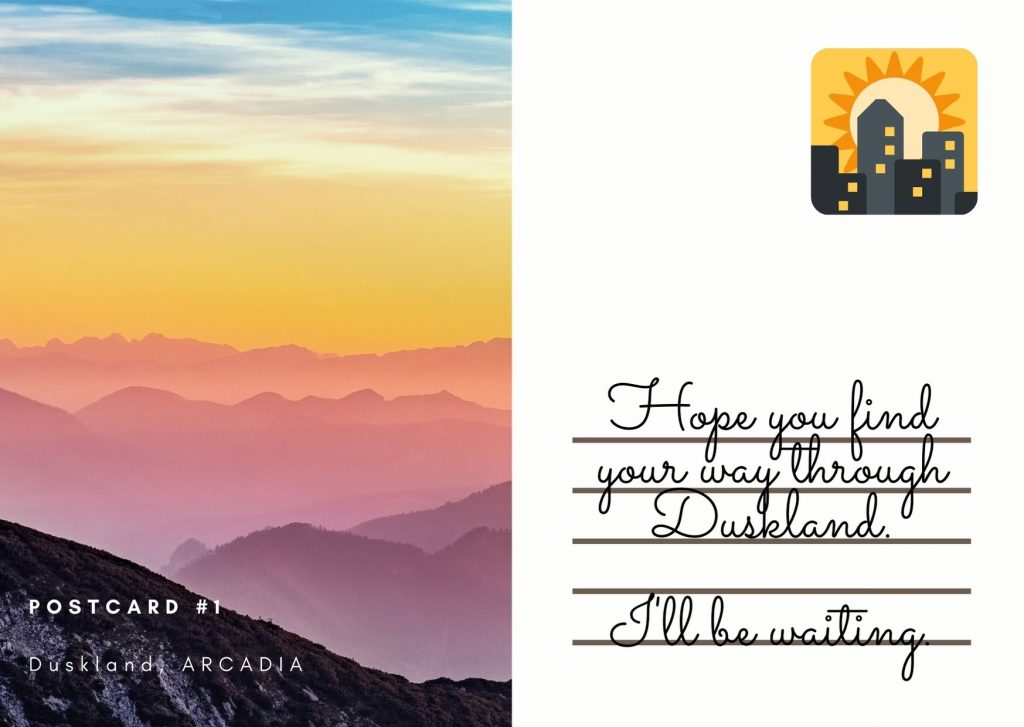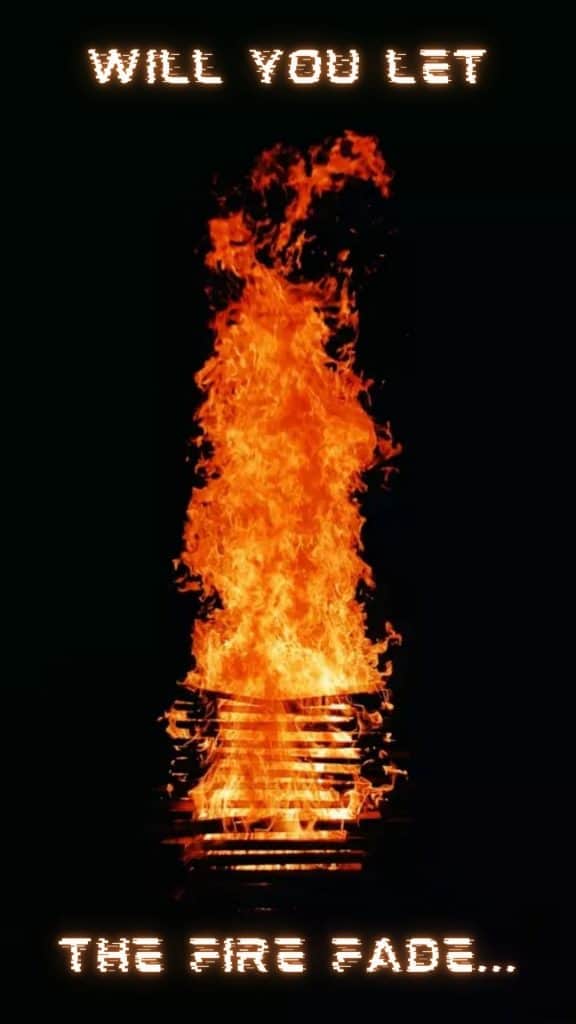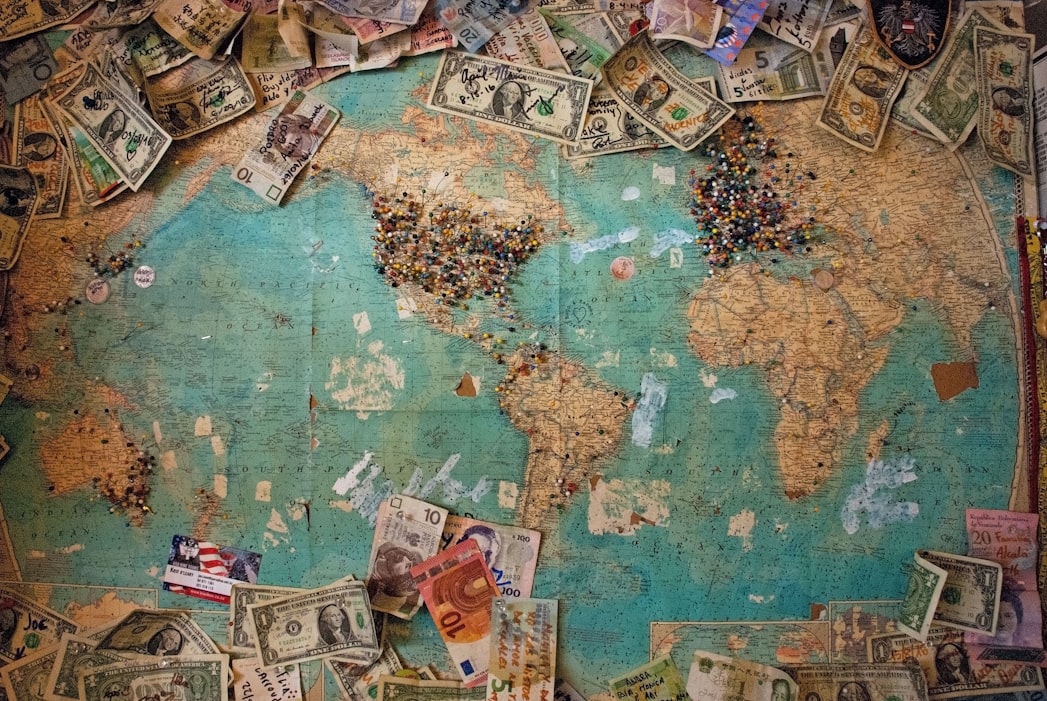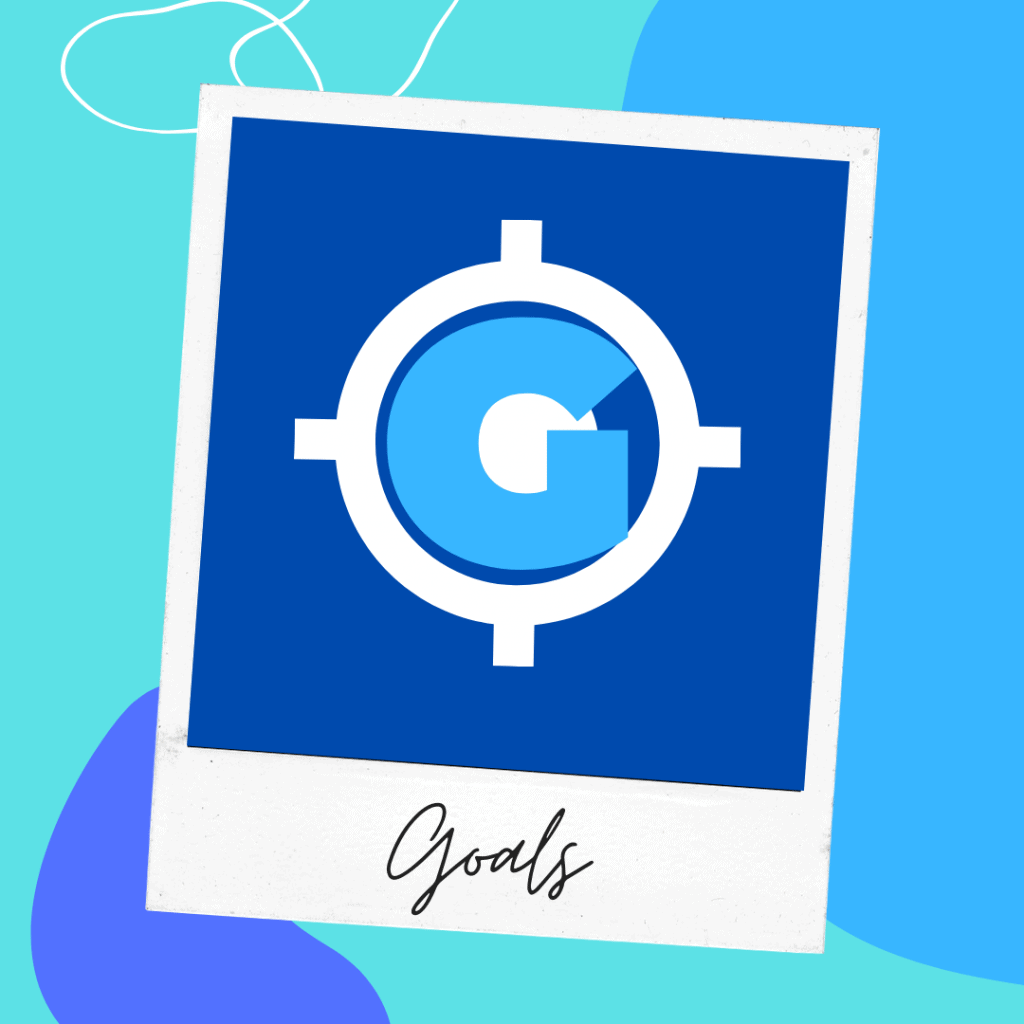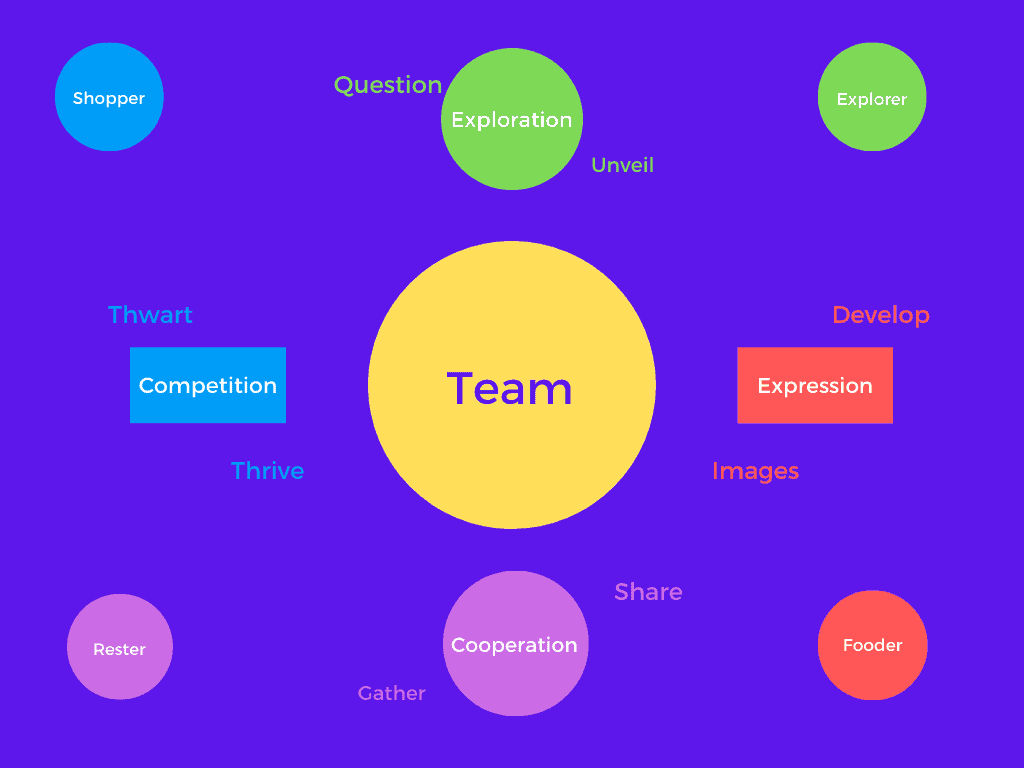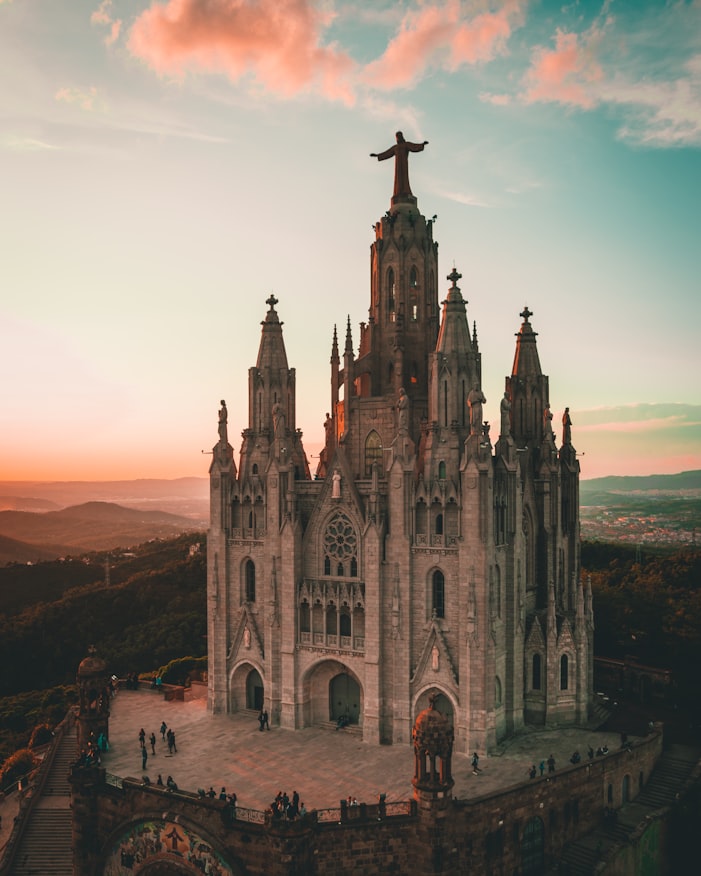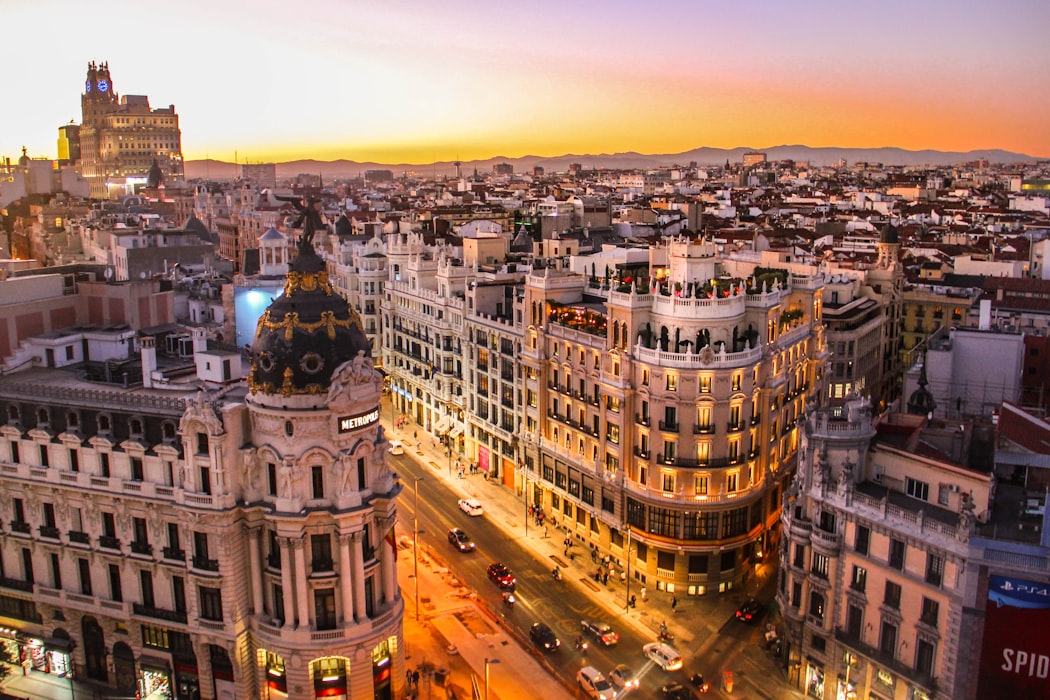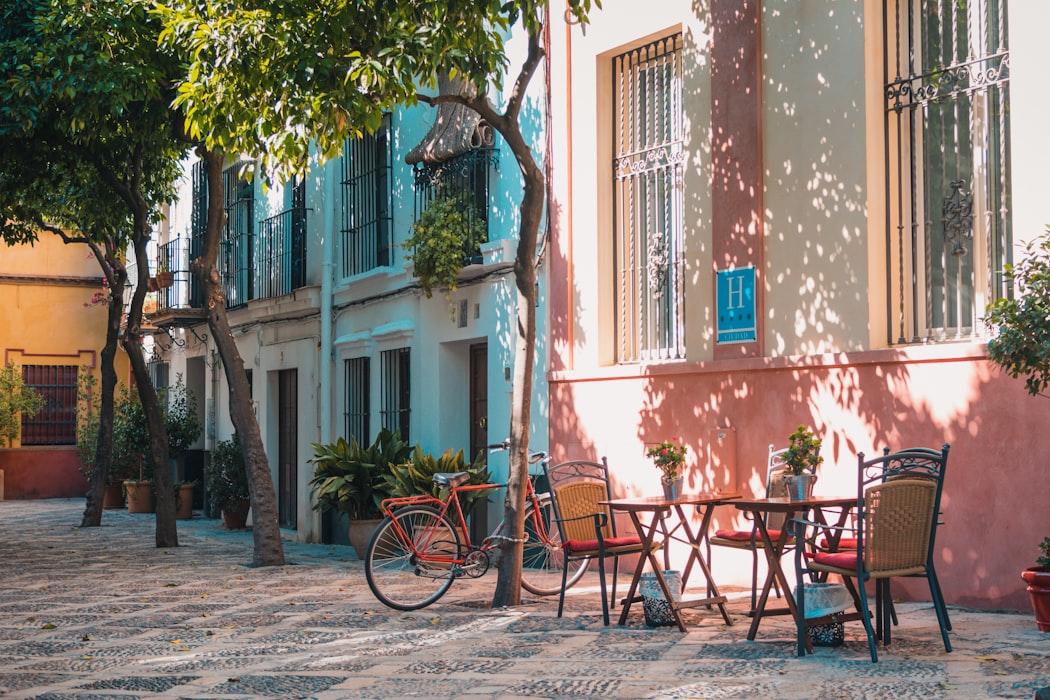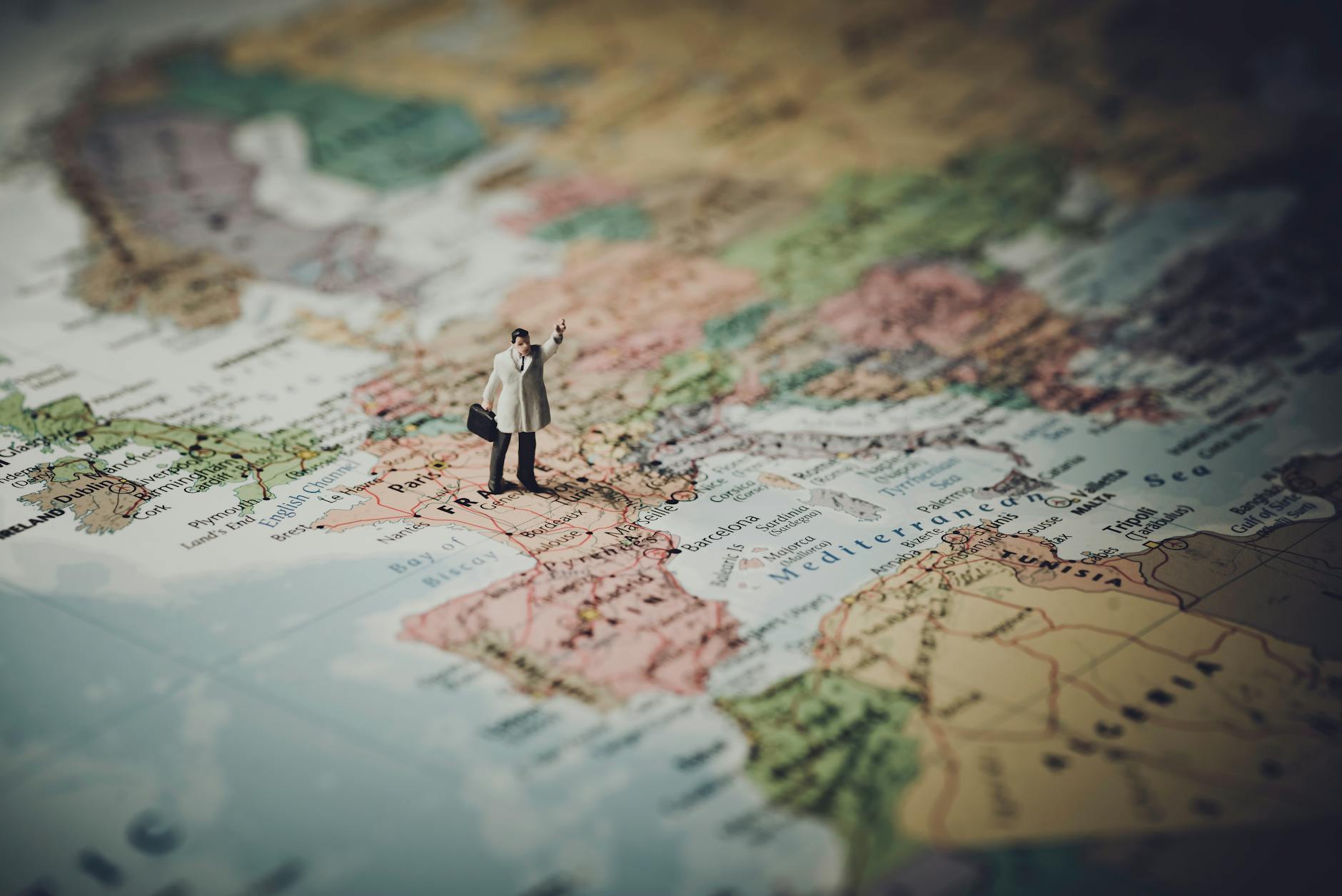
Where to go to start a Dry Fast?
Wherever you’ll feel at ease.
Wherever your mind will be ready to play.
- Why Dry Fast as a traveler?
- What are the Benefits?
- How to Dry Fast?
- What Preparations are needed?
- What is the Process?
- What should you do?
Why Dry Fast as a Traveler?
Health & Lifespan
- Dry fasting could facilitate Autophagy.
- Autophagy is a physiological state the body essentially uses available resources to sustain itself.
- Subsequently, normally unusable substances (cells fragments, misfolded proteins, …) are used as nutritive material.
- Dry fasting may also regulate cholesterol levels and therefore lower risk for heart disease & stroke.
- It improves mental clarity and cognitive function.
- And tends to normalize Serotonin production.
- Serotonin is a neurotransmitter regulating appetite, digestion, sleep, memory, and sexual functions.
- Dry fasting affects jet lag & fatigue in general.
- Many anti-jet lag diet show similarities with a dry fast.
- Most of then include extended periods of fasting going up to 16 hours straight.
- In many cases irregularly timed meals tend to inhibit brain fog.
- Some jet lag diets comprise cycle of intense consumption followed by 1-day fast.
- However, dry fasting has no guidelines regarding organized deregulation of appetite.
- Therefore, it can be adopted more progressively.
- 16 hours fast seem to be the most effective type.
Time, Money & Sustainability
- More time & money to enjoy attractions, landmarks and landscapes.
- Spending less time eating.
- Staying at a nicer hotel.
- More money for shopping.
- What if you start declining meals in Planes?
- You allow passengers near you to realize they are not hungry.
- Subsequently to decline as well.
- Some companies already propose no meals or light meals flights.
- Companies realized customers decline their meal more often and there may be some wasted money there.
- Almost every low cost company proposes a no meal option.
Motivation, Willpower & Religiosity
- Consumption is a constrain.
- Free your mind.
- How many times a day do you want to eat?
- Not just today, or the upcoming week.
- How many times in a single day do you deeply want to eat?
- If you realize you wish to eat only 2 times a day, today, can you say the same for the upcoming week?
- What about the upcoming month?
- What do you really want to eat?
- Limiting your eating frequency, not quantity we’re not there yet, will allow you to choose better.
- You can eat the same amount of food, just in a narrower window.
- But what food?
- If you began dry fast for the mental clarity reasons you may be interested by the willpower boost it induces.
- Any form of behavioral regulation has an effect of dopamine production.
- You will be able to pilot your reward system more easily as you navigate your way to homeostasis.
Where to start?

Process
- Where should you Go?
- Somewhere where your mind will be busy on something.
- You’ll have a lot more time.
- Therefore you’ll need a clear agenda.
- Prepare your 3 days/weekly itinerary:
- Which landmarks/cultural locations will you visit?
- What do you want to learn about German culture?
- Will you take footage of Yoyogi Park?
- Which events will you participate to?
- Will you participate to the San Fermin festival?
- Will share your experience live on your favorite platform?
- Will you be practicing your Skills/Hobby?
- Are you a Painter/Drawer, Musician, Writer, Photographer, Programmer?
- Want to enhance your communication skills? Bring a volume of How to sell anything to anybody & The 22 Laws of Marketing in your bag.
- Where will you relax?
- You’ll be exhausted after such a full day.
- It may be time for your meal of the day.
- If you decide to continue your fast look for a place people don’t eat.
- Will you go in a Country where days are short?
- Will you go in a Country where days are long?
Locations
- Limit your distractions easily.
- Monastery, are the best places to begin.
- You’ll benefit from the support of experienced practitioners.
- Offer yourself a rest.
- A Retirement from the anticipation of future body needs.
- Rent a room for a week.
- Don’t hesitate to ask for additional information.
- Gaming/Sports marathon are another way to go.
- Games & Sports will target your mind.
- You don’t have to physically exercise if you don’t want to.
- The main goal here is for you to do something fun.
- For an unlimited period of time.
- Some outdoors activities such as Hiking, Diving, Paragliding will bring you the fun to its fullest.
- So much so that you’ll forget about drinking & eating.
- Artist meeting, Concerts & Festivals are other great choices.
- See them as Casual networking events.
- Dive into Outdoor locations, mountains, lakes, hiking trails, if you want to explore & contemplate.
- Go for natural Parks & national Gardens if you can’t get out of the City/Town.



